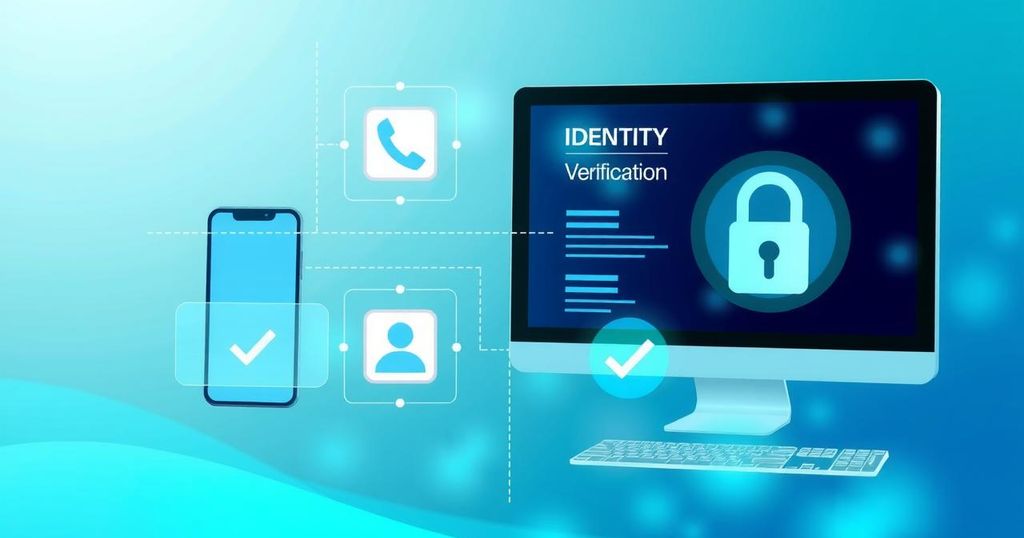The SSA has revised its identity verification requirements, moving away from mandatory in-person verification to accommodate vulnerable groups. Effective April 14, SSDI, Medicare, and SSI applicants can complete claims by phone, while others still face in-person requirements. This change reflects efforts to mitigate barriers for beneficiaries, driven by public backlash against earlier policies that were criticized as overly restrictive.
The Social Security Administration (SSA) has decided to modify its identity verification requirements after facing public criticism. Initially, the SSA claimed that beneficiaries needed to verify identities in person at field offices for updates or new claims, a move criticized for creating barriers for vulnerable populations. Now, the SSA has adjusted these requirements to facilitate better access, particularly for those who may struggle with in-person verification.
Beginning April 14, SSA will exempt applicants for Social Security Disability Insurance (SSDI), Medicare, and Supplemental Security Income (SSI) from the in-person verification mandate. Instead, these individuals can complete their claims over the phone if they cannot use their online accounts. This decision highlights SSA’s commitment to enhancing customer service for those most in need while addressing fee fraud concerns.
However, beneficiaries seeking retirement, survivor, or auxiliary benefits who cannot access online services will still need to verify their identities in person. SSA will maintain strict procedures for direct deposit adjustments, requiring in-office visits for those who do not use online options. For extreme situations, like terminal illnesses, a bypass process will be developed.
The revised policy recognizes the challenges faced by individuals in rural areas and those needing special accommodations. The initial requirement for in-person verification could have hindered many beneficiaries due to transportation or mobility issues. SSA’s new approach aims to balance security measures with the necessary accessibility.
To enhance service quality and support the updated identity verification process, SSA has mandated that nearly all employees work on-site five days a week. This staffing strategy is intended to provide better customer assistance as the new guidelines roll out. Additionally, SSA integrated the Department of Treasury’s Account Verification Service (AVS) to enhance fraud prevention.
While controversy erupted over SSA’s original in-person verification requirement, particularly following the closure of multiple field offices, the agency’s reconsideration reflects a shift in response to public concerns. Advocacy groups highlighted that the mandate would burden those with disabilities. Nancy LeaMond from AARP acknowledged the progress but urged SSA to engage further with the public regarding changes to customer service.
As discussions around Social Security reform continue, the implementation of the revised identity proofing policy is crucial. SSA has committed to adjusting the new requirements based on its effectiveness and user feedback. As April 14 approaches, SSA aims to ensure a smooth transition and encourage beneficiaries to stay informed about the changes that affect them.
The SSA’s revised identity proofing requirements demonstrate a responsive approach to public feedback, aiming to balance fraud prevention with accessibility. The exemptions for certain beneficiaries and alternative claim options reflect a commitment to customer service. With April 14 marking a significant implementation date, ongoing training for SSA employees and public education are essential to ensure smooth transition and compliance. The agency must continuously evaluate the impact of these changes to serve vulnerable populations effectively while maintaining the integrity of Social Security benefits.
Original Source: www.biometricupdate.com





